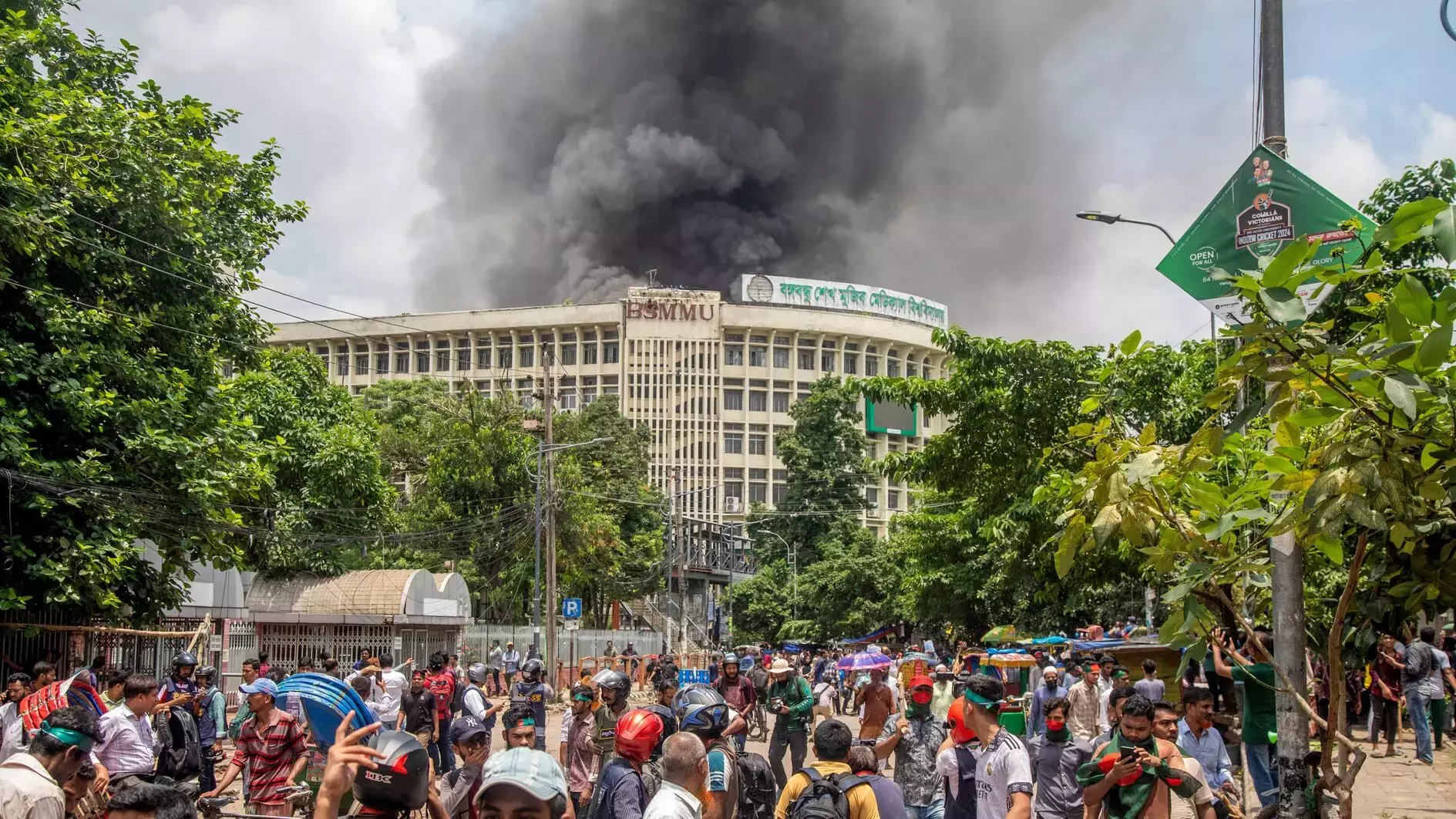In response to a wave of violent, racist attacks on Muslims and migrants during recent riots in the UK, a self-defense class organized by Maya Hassan has drawn around 30 women, mostly Muslims and from ethnic minorities, to a sports ground in London. The 28-year-old martial arts expert initiated the program to empower women of color, helping them learn how to protect themselves and build confidence amid growing unrest.
Hassan, who wears a hijab and is a Swiss national of Somali origin, moved to Britain in 2008, believing it to be more welcoming to ethnic minorities than many parts of Europe. She expressed pride in the turnout, noting that the training provides participants with the tools to be more socially aware and escape dangerous situations.
The recent riots, triggered by false online rumors linking the stabbing of three young girls in Southport to a radical migrant, have targeted Muslims, migrants, and Asian communities. The unrest has sparked fear among ethnic minority groups and highlighted the challenges Britain faces in integrating its diverse population.
Stewart McGill, a martial arts instructor, has seen an increase in women signing up for self-defense classes since the unrest began. The classes teach practical techniques, including kicks and using everyday items like belts as weapons. One participant, 24-year-old Elza Annan, shared that she feels more confident after attending the class, although she hopes never to use the techniques.
Tell MAMA UK, a group monitoring anti-Muslim incidents, reported a sharp increase in hate crimes against Muslims since the riots began, with more than 500 calls and online reports of such behavior across the country. The organization noted that anti-Muslim sentiment has been rising in Britain, particularly since the start of the conflict in Gaza in October of the previous year.
Sunder Katwala, director of the think tank British Future, which focuses on migration and identity, said that while Britain can be a “confident multi-ethnic democracy,” the government has struggled to develop effective strategies for integrating different communities. He pointed out that while recent arrivals from Ukraine and Hong Kong received government support, many others have not, exacerbating tensions within the asylum system.
The riots have largely subsided since thousands of anti-racism protesters rallied to protect potential targets such as mosques, immigration advice centers, and hotels housing asylum seekers. However, the psychological impact of the violence remains. Shaista Aziz, director of the campaign group The Three Hijabis, revealed that many Muslim women are now afraid to leave their homes, fearing confrontation or abuse.
Prime Minister Keir Starmer has ordered increased protection for the Muslim community, condemning the rioters as “far-right thugs.” Nearly 800 people have been arrested, with some already sentenced in court. Despite the crackdown, anti-racism protests are expected to continue.
For Maki Omori, 23, who identifies as non-binary, the self-defense class was a way to prepare for possible counter-protests. “I found it really intimidating, thinking about how I would defend myself,” Omori said. “I want to make sure that if something happens, I feel ready.”





